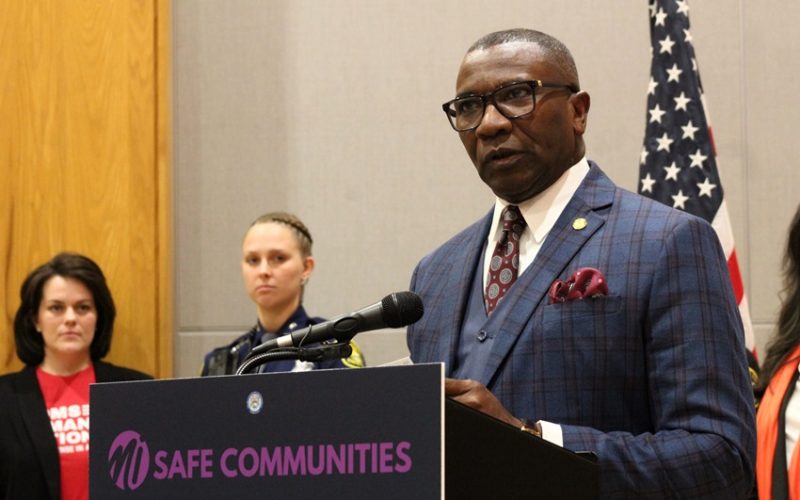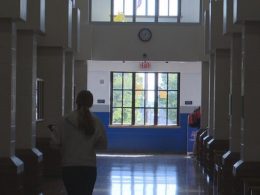Lansing, MI — A package of criminal justice reform bills under consideration at the Michigan State Capitol is drawing attention for its potential to reshape the state’s approach to incarceration, rehabilitation, and parole. Among the key proposals are measures to prevent juveniles from being sentenced to life without parole, offer inmates a chance to petition for sentence reductions after serving 20 years, and allow prisoners to earn early parole through productivity credits for participating in correctional programs.
One of the most discussed aspects of the reform package is the proposal to allow inmates to receive productivity credits, which could reduce their sentences by up to 20% if they engage in educational or rehabilitative programs provided by the Michigan Department of Corrections (MDOC). Advocates argue that this approach would encourage inmates to take responsibility for their actions, gain valuable skills, and better prepare for reentry into society.
Priscilla Bordayo, a survivor and advocate for both crime victims and incarcerated individuals, has been a vocal supporter of these reforms. Bordayo, who works with Crime Survivors for Safety and Justice, believes that rehabilitation should be a central focus of Michigan’s criminal justice system. “We have to invest in prevention and really focus on rehabilitation and helping people be productive,” she said in an interview at the Capitol. Bordayo pointed out that by giving inmates the opportunity to earn reduced sentences, the state would incentivize positive behavior, which could lead to better outcomes when they are released.
Under the proposed legislation, an inmate serving a 10-year sentence could potentially be released after eight years if they earn enough productivity credits. Bordayo asked, “How do you want them to come out? Do you want them to come out more prepared to be productive citizens, or do you want them to come out unchanged?” She believes that offering rehabilitation programs would help prevent inmates from reoffending upon their release, benefiting both the individuals and the broader community.
Opponents of the bill, including several Republican lawmakers, argue that the current system already includes incentives for inmates to earn early release. Rep. Graham Filler (R-Clinton County) explained that inmates can reduce their sentences by demonstrating good behavior and completing educational programs. “If they go into prison and they commit no additional crimes or major misconducts, and they complete coursework, they will get out at their minimum,” Filler said.
The debate over the reforms highlights a broader ideological divide between those who advocate for a more rehabilitative approach to criminal justice and those who prioritize punitive measures. While Michigan’s prison population has seen a recent decline, advocates like Bordayo say the system still has room for improvement in supporting both victims and offenders.
“We need to make sure victims and survivors have every resource they need in order to heal, but we also need to make sure the ones actually causing harm also heal because hurt people hurt people,” Bordayo said. She emphasized the importance of providing inmates with the tools they need to reintegrate into society successfully, which in turn can reduce the likelihood of reoffending.
As the state legislature moves forward with these proposed reforms, lawmakers are expected to vote on the bills in the coming week. However, there remains uncertainty about which pieces of legislation will be prioritized, particularly with Democrats set to lose control of the state House next year. Advocates are hopeful that the bills will pass, but the timeline for their enactment remains in flux.
The ongoing debate reflects a growing national conversation about the balance between public safety, justice for victims, and the potential for rehabilitation in the criminal justice system. As Michigan lawmakers continue to consider these reforms, the question of how best to address crime while promoting healing and rehabilitation is likely to remain a central issue in state policy discussions.












